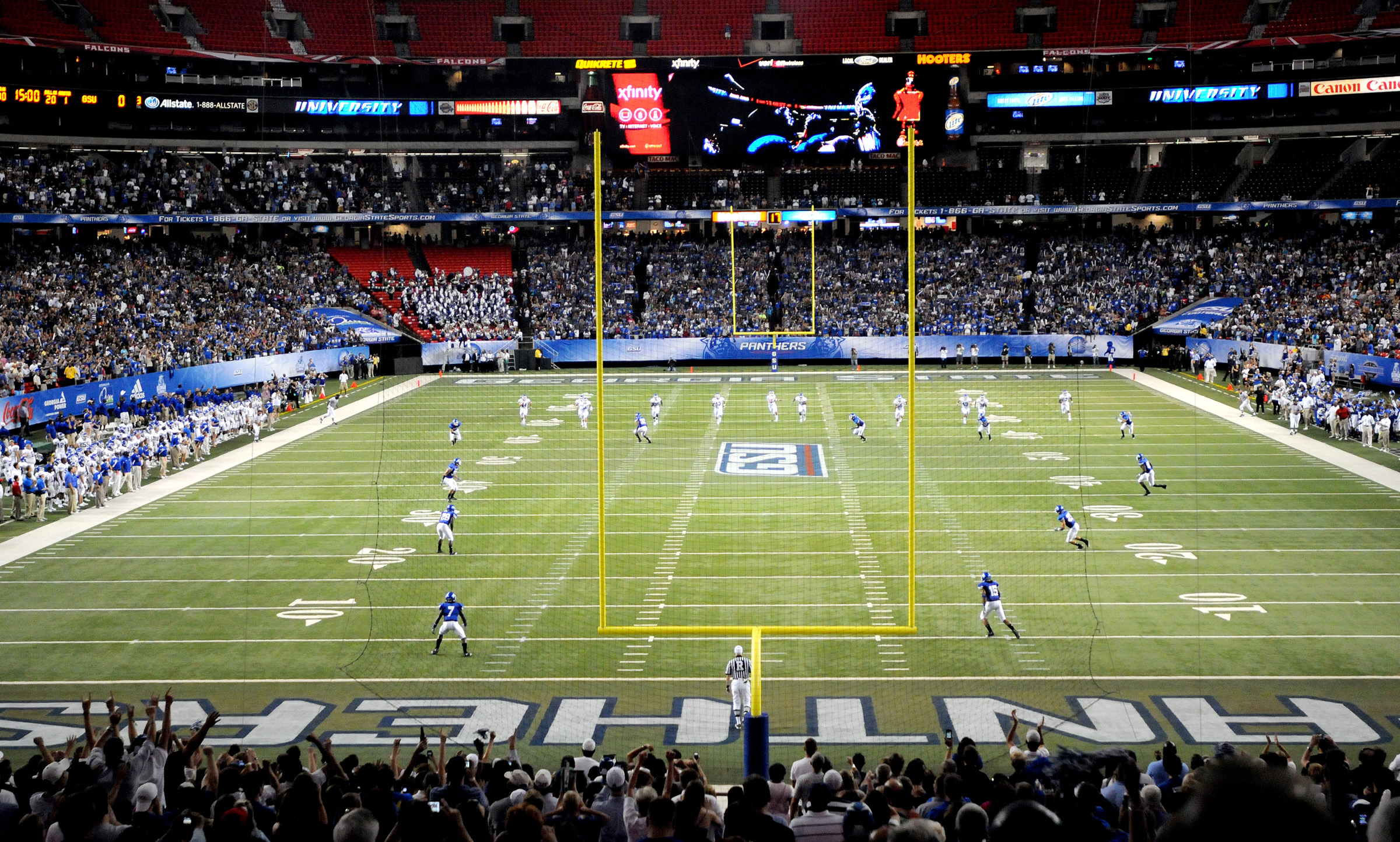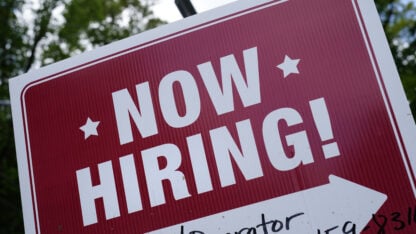Each year, Georgia State University students pay $554 to support the school’s athletic teams.
In the past five years, students paid $90 million ─ among the highest student contributions to athletics in the country, according to The Chronicle for Higher Education.
Commuter School
GSU sophomore Hafsah Qazi is a computer science major who commutes from Lilburn, Georgia. She said she didn’t realize she paid $554 of her yearly student fees toward athletic fees.
“That’s an unreasonably high amount of money for a commuter school with minimal turnout at games and athletic events,” Qazi said. “It could be better allocated towards other programs and events that students would actually enjoy and take part in, and would make our campus better.”
But Georgia State University President Mark Becker said his goal is to move from just a commuter school where just 17 percent of undergraduates live on campus, towards a traditional campus.
“They have the access, whether they choose to attend or not is their personal choice,” Becker said. “It’s the same issue as how you don’t get to choose how your tax dollars get used, whether it’s by your city, state or federal government ─ you don’t get to pick and choose the parts, you have to support the overall institution.”
Traditional Campus
Becker said the athletic fee increase, which students agreed to before he was named president, are helping transform the university.
“Magically, overnight: August 2010, we start to play football, and now I would bet you, that over 80 percent of the students walking around Georgia State University wearing any athletic gear, it’s Georgia State gear, there’s much stronger sense of school spirit as a result of these changes,” Becker said.
But Georgia State University senior and former student body president Lanier Henson said at the time, they weren’t told the fees would go to football.
As a student who lives close to campus, he said he doesn’t mind paying to support sports teams. He thinks the fees are a fair price for free admission to all athletic events.
Low Attendance
However, he understands why many of his classmates, who commute, are upset about high student fees.
“I go to most of the games, but there’s a lot of students who can’t go to those games or don’t want to go to those games because they’re working or have a family,” Henson said.
Welch Suggs, who teaches sports media and journalism at the University of Georgia, reviewed the data sets as a consultant for The Chronicle of Higher Education’s report.
“Giving the rising student debt, it’s critical for university leaders to justify why they’re asking students to pay fees on athletics,” Suggs said. “In some places, a number of students are having to choose between food and books … especially at schools where there are a lot of first-generation college students.“
Focus On Education
Becker said the university has not increased student fees in seven years and has no plans to increase it next year. He said Georgia State University’s focus is still on education.
“Georgia State’s the only university in the country that has eliminated all disparities in graduation rates based on race, ethnicity or income,” Becker said. “We’ve done much for students and education than we’ve done for athletics.”
Becker says the university will look for more funding for sports programs from outside revenue: alumni and private donors.


9(MDAxODM0MDY4MDEyMTY4NDA3MzI3YjkzMw004))








